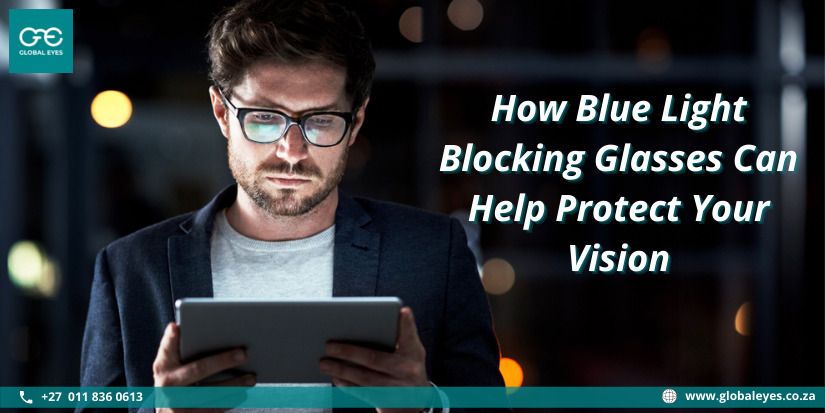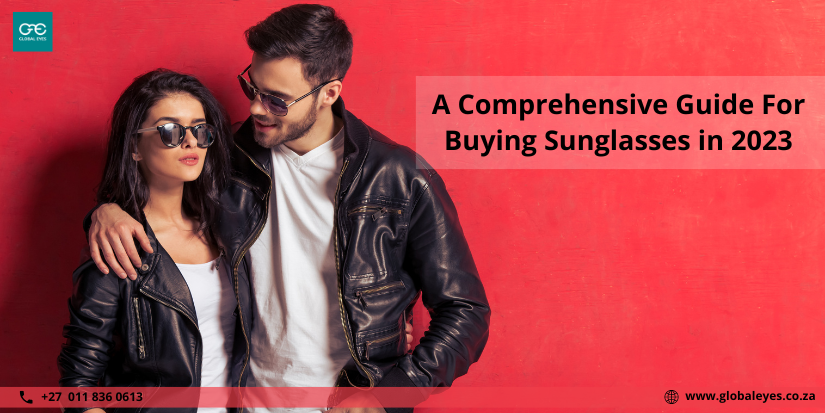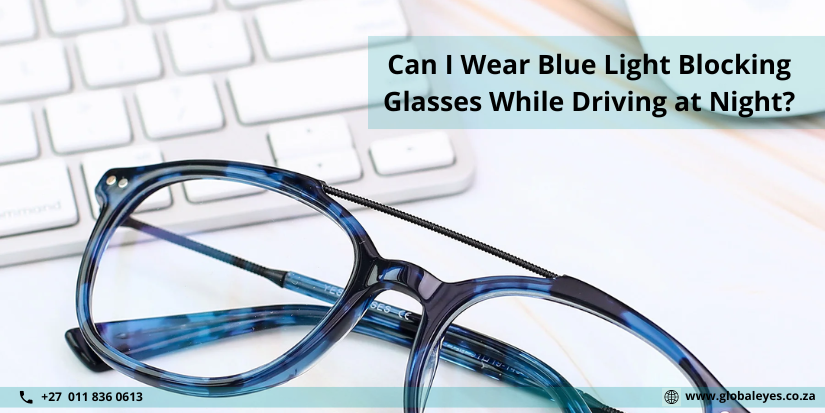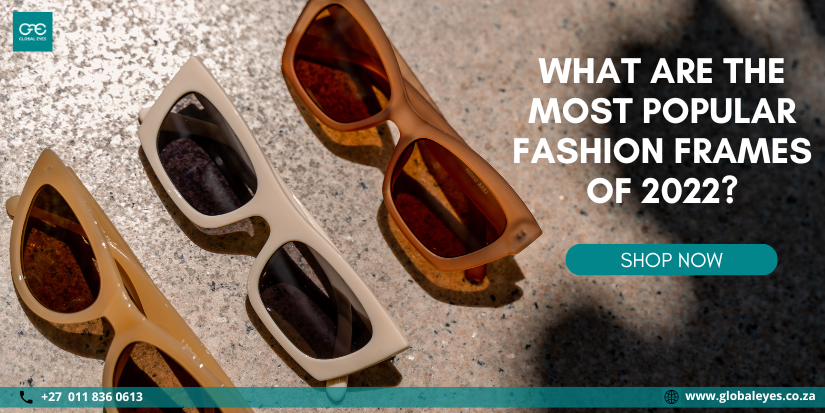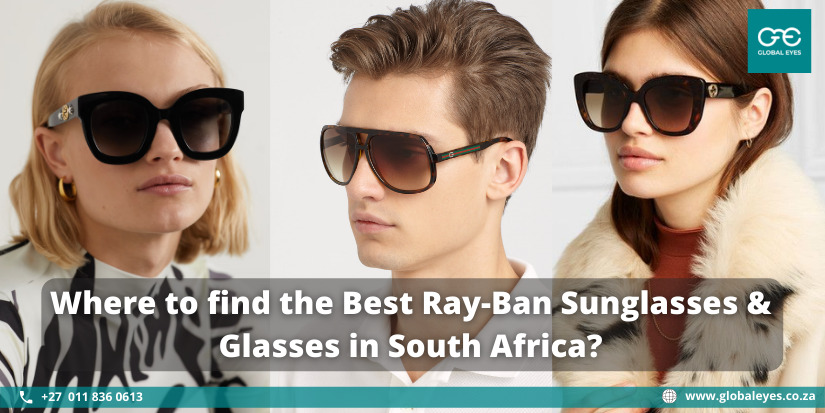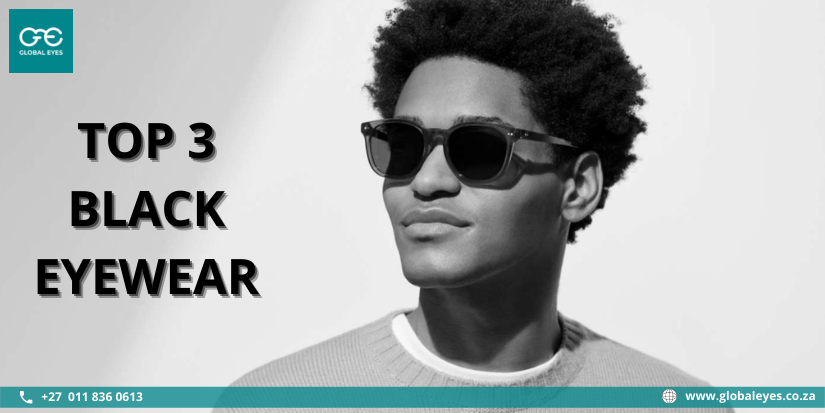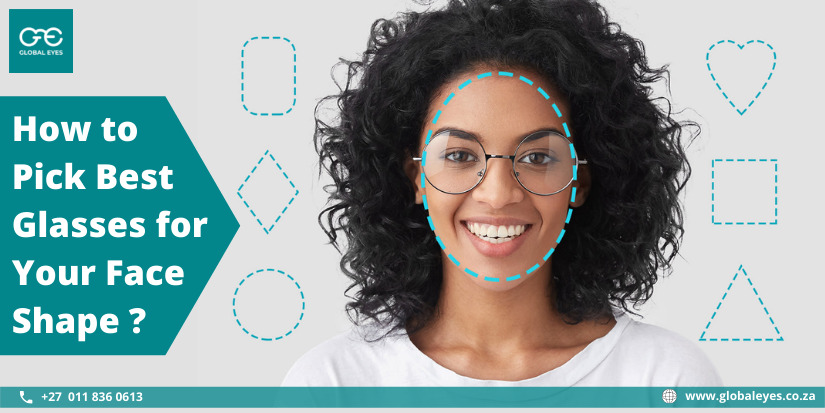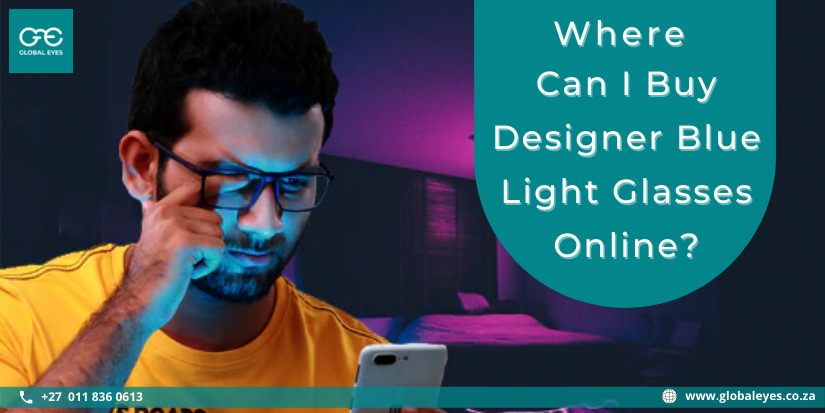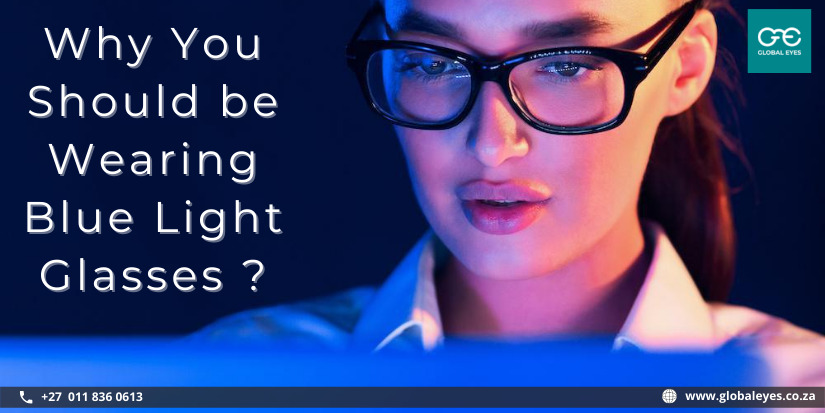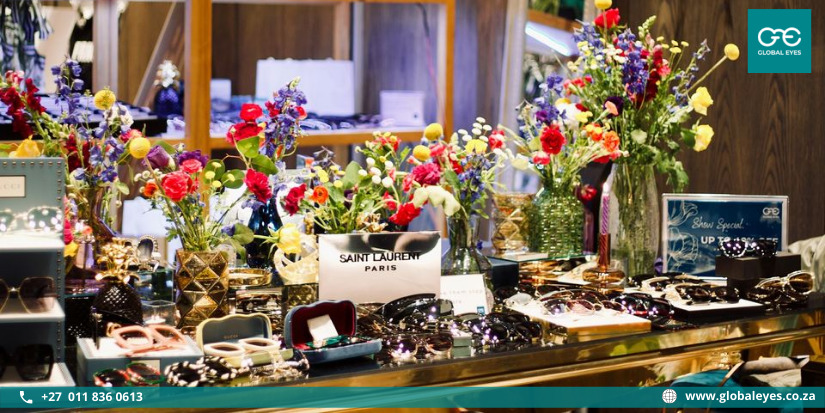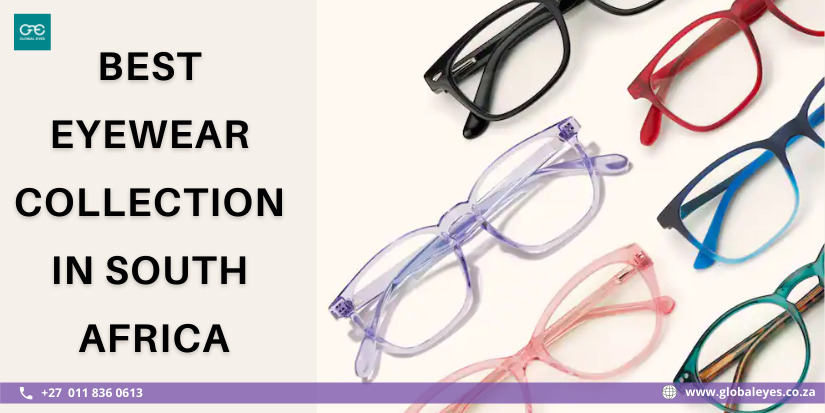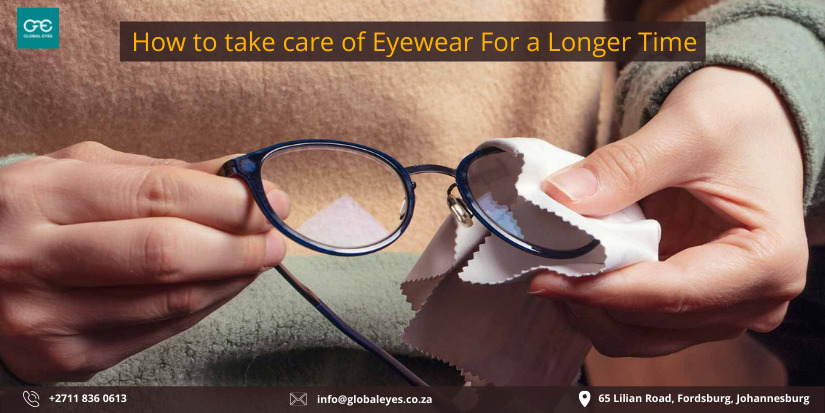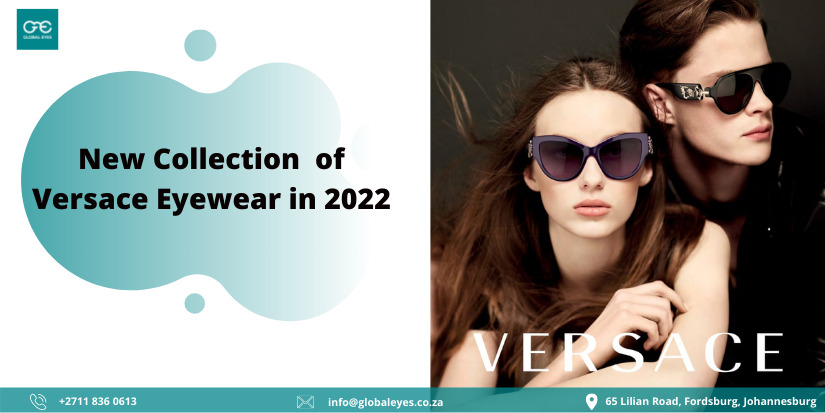Blue light is not new to use, but the usage of blue light-emitting devices has increased vastly in a few years. Moreover, we are getting exposed to more blue light nowadays, thanks to the widespread use of computers, smartphones, energy-efficient LED bulbs and compact fluorescent lamps.
Increased use of smartphones and LED bulbs in homes and offices exposes us to harmful blue lights. Therefore, it is critical to know what blue light is, how this light affects our vision and health, and how blue light blocking glasses can protect our eyes.
What is blue light?
Blue light is a part of the visible light spectrum having a short wavelength, which means it has a higher energy wavelength. Although blue light comes from sunlight and helps regulate the sleep-wake cycle, digital devices and CFL & LED lights also produce high blue light levels.
The visible spectrum falls between 380-780 nm waves. Below this range comes ultraviolet (UV) and infrared (IR) light. Blue light falls between the range of 400-465 nm, with 415-455 nm being the most harmful range.
How does blue light affect you?
Over the years of evolution, our eyes have developed a sensing mechanism that can detect when it is daytime and when it is night. Our eyes sense the blue light to determine the time of the day and send appropriate signals to our brain regarding the same. Hence, blue light is directly connected to our circadian rhythm, which decides when our body feels tired and needs rest.
Blue light is good in the daytime as it boosts attention, mood, and alertness. However, research suggests blue wavelengths prevent melatonin production, a hormone that regulates our circadian rhythm. So, if your body gets exposed to blue light at night, it can disrupt your sleep-wake cycle by indicating to your brain that it is daytime.
Blue light also causes digital eye strain. This is because blue light has a short, high-energy wavelength that scatters easily and does not get easily focused. So, when looking at a device screen emitting blue light, the unfocused visual noise reduces contrast, leading to eye strain.
Continuous exposure to blue light can also have lasting physical effects. For example, prolonged exposure to blue light can damage our retina, as blue wavelength can reach further into the human eye. In addition, several wavelengths also develop age-related macular degeneration.
Blue light is not completely bad
We have described the negative impact of blue light here, but not all blue light is terrible. The blue-turquoise range of light (465 to 495 nm) is essential for our vision and general well-being. In addition, exposure to this range of light is vital as it helps regulate our circadian rhythm.
Tips to reduce the effects of blue light
Be in a lot of light during the day
It seems contradictory to what we have said about blue light earlier, but exposing yourself to a significant amount of light in the day strengthens your circadian rhythm. Just make sure you are shielding your eyes from UV and blue rays.
Lower the blue light on your digital devices
Most smartphones, tablets, and computers come with a feature to adjust the screen colour for reducing blue light; make use of that. However, if your device does not have that feature, you can use Twilight or Night Shift apps that offer the same feature.
Keep away the blue light-emitting devices away at least an hour before sleep
It might be hard to disconnect your mobile data and put your smartphone aside in the evening. But as mentioned above, the blue light-emitting devices may disrupt our sleep cycle, and therefore, you should keep your smartphone away at least an hour before hitting the bed.
Wear blue light blocking glasses
Blue light blocking glasses is adequate protection against blue light. It eases eye strain, reduces glare, decreases the chances of macular degeneration, and increases the clarity of your vision. You can buy this type of eyeglasses online with Global Eyes.
Do blue light glasses work?
Blue light blocking glasses protect your eyes by blocking and filtering harmful UV and blue light emissions. These glasses safeguard your eyes from harmful wavelengths (between 415-455 nm) while allowing beneficial light ranges (between 465-495 nm).
If you want to buy blue light blocking glasses in South Africa, you are in the right place. We have a broad collection of blue light blocking glasses in our arsenal. Explore our wide selection of anti-blue light lenses with various frames and sunglasses.
How do blue light blocking glasses work?Blue light blocking glasses come with a filter that blocks or absorbs blue light and prevents it from reaching your eyes. So, if you put on these glasses when working on a computer or using a mobile phone in the dark, you can protect your eyes from emitting blue light that keeps you awake.

